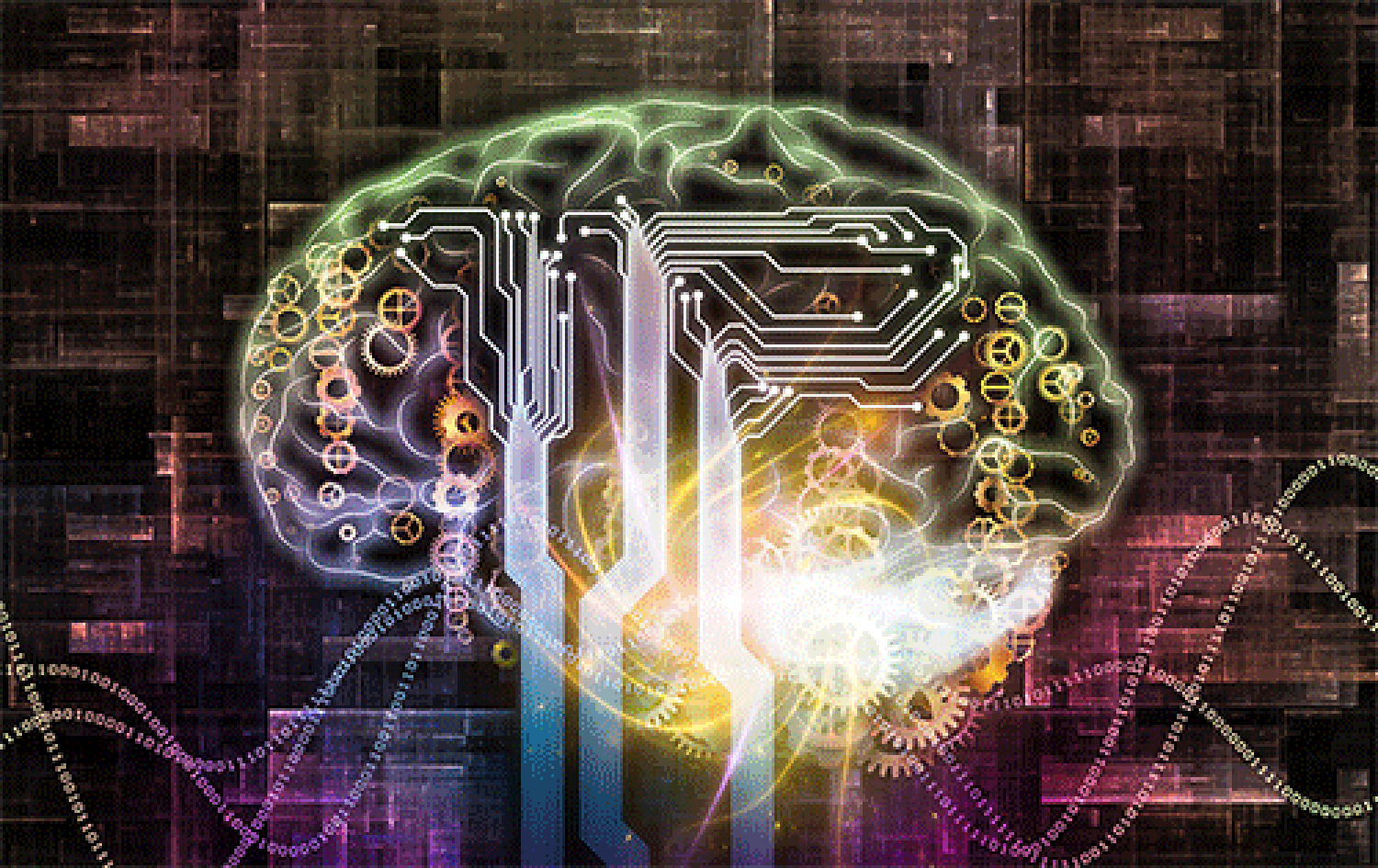The Rise of AI: Unlocking the Future
The Rise of AI: Unlocking the Future
Blog Article

In today's fast-paced world, the realm of Artificial Intelligence (AI) has emerged as a transformative force with the potential to redefine the way we interact with technology. AI, in its essence, represents the simulation of human intelligence processes by machines, enabling them to learn, reason, and adapt. From self-driving cars to virtual assistants, AI applications have already become woven into the fabric of our daily lives, paving the way for a future that once seemed like the realm of science fiction.
As AI technologies continue to evolve at a rapid pace, their impact on various aspects of society, education, business, and healthcare is becoming increasingly profound. The ability of AI systems to analyze massive amounts of data and derive meaningful insights has revolutionized how industries approach problem-solving and decision-making. Through machine learning and neural networks, AI is not just automating tasks but also enhancing efficiency and innovation in ways previously unimagined.
AI Applications
Artificial intelligence has revolutionized many industries by powering innovative applications that streamline processes, enhance decision-making, and boost efficiency. In healthcare, AI is used to analyze medical images, predict patient outcomes, and personalize treatment plans. This technology has the potential to significantly improve patient care and ultimately save lives.
AI is also making waves in the finance sector, where it is utilized for fraud detection, algorithmic trading, and customer service chatbots. By leveraging machine learning algorithms, financial institutions can detect suspicious activities in real-time, make data-driven investment decisions, and provide personalized customer support round the clock.
Furthermore, AI is transforming the transportation industry with autonomous vehicles, traffic management systems, and predictive maintenance solutions. The integration of AI technologies in transportation not only increases safety on the roads but also optimizes fleet operations, reduces traffic congestion, and minimizes carbon emissions for a more sustainable future.
Ethical Considerations
Ethical considerations play a significant role in the development and deployment of artificial intelligence. As AI continues to advance, questions arise regarding privacy, data security, and bias. Ensuring that AI systems are used responsibly and transparently is crucial in maintaining trust among users and society at large.
One key ethical consideration is the potential impact of AI on the workforce. Automation enabled by AI has the potential to disrupt industries and displace human workers. It is essential for businesses and policymakers to consider the ethical implications of implementing AI technologies, including retraining and upskilling programs to mitigate job displacement.
Another critical aspect of ethical considerations in AI is ensuring fairness and accountability in decision-making processes. AI algorithms can unintentionally perpetuate biases present in training data, leading to unfair outcomes. Ethical guidelines and regulations need to be established to address issues of algorithmic bias and discrimination, promoting a more inclusive and equitable use of AI technology.
Artificial Intelligence Search Engine
Future Impacts
In the near future, artificial intelligence is projected to revolutionize various industries, from healthcare to finance. Companies are increasingly turning to AI to streamline operations and enhance decision-making processes. This shift towards automation is expected to lead to increased efficiency and cost savings for businesses.
However, concerns have been raised about the potential displacement of jobs as AI continues to advance. While automation may eliminate certain roles, it also presents opportunities for the creation of new, more specialized jobs that require human oversight. As the workforce adapts to this changing landscape, there is a growing need for upskilling and reskilling initiatives to ensure that individuals remain competitive in the job market.
Overall, the future impacts of artificial intelligence are multifaceted. From improving healthcare outcomes through predictive analytics to enhancing customer experiences through personalized recommendations, AI has the potential to reshape society as we know it. As we navigate this technological evolution, it is critical to strike a balance between harnessing the benefits of AI and addressing the ethical and societal implications that come with its widespread adoption.
Report this page